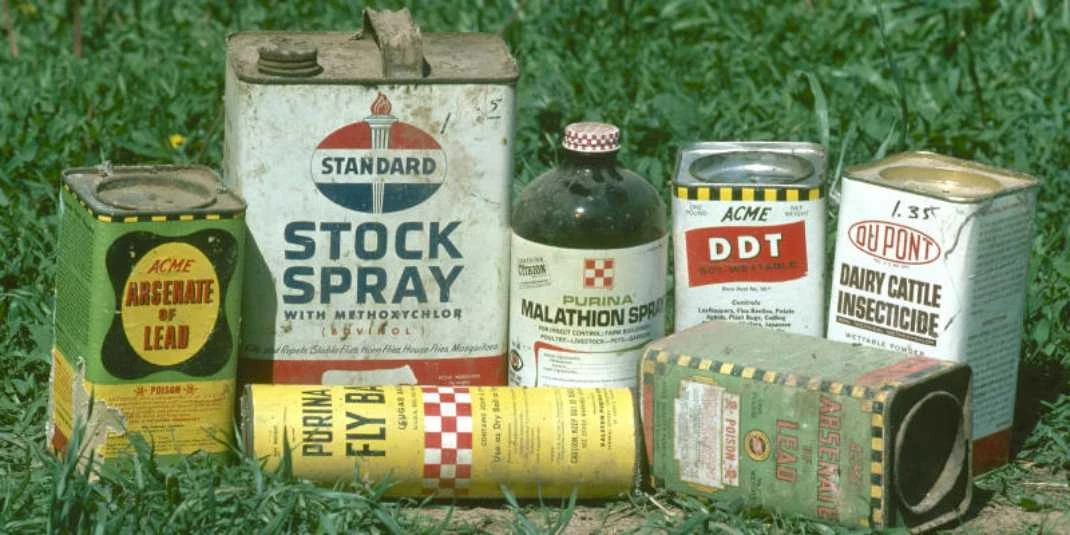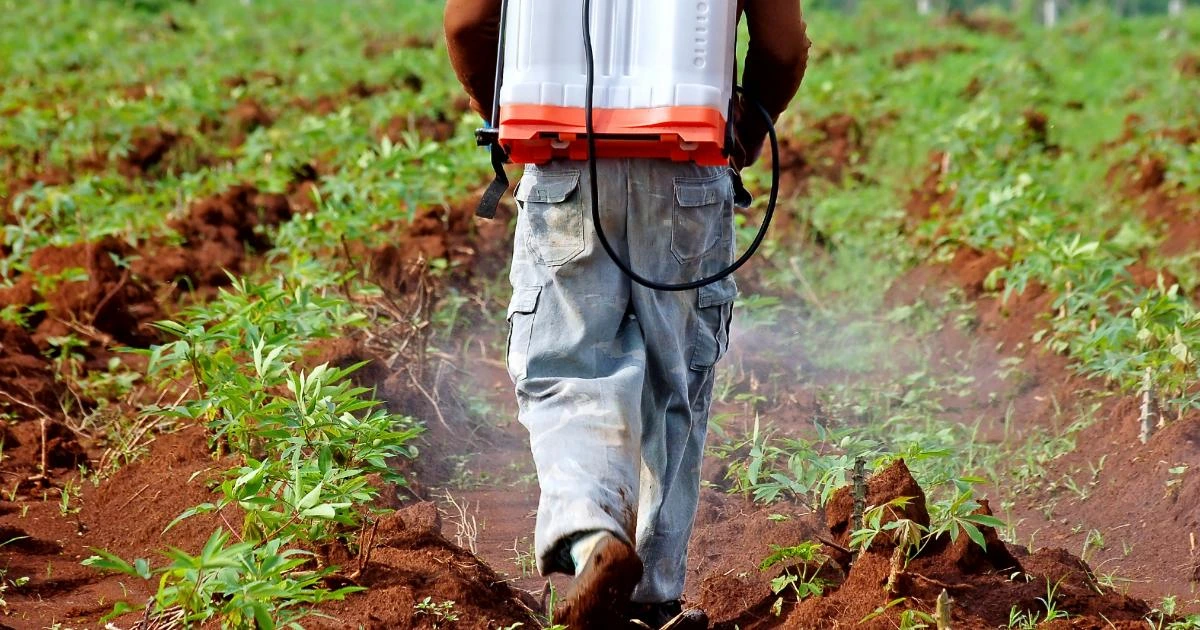aak-GROW, in conjunction with the Pest Control Products Board (PCPB) and other plant protection stakeholders, led a press briefing on Wednesday, October 4, at Sarova Stanley, concerning the use of pesticides.

The leading goal of the media engagement is to address recent allegations, concerning the safety of the food supply, in the country due to the use of pesticides in agriculture.
The Plant Protection Stakeholders commit to providing factual information to the public, and rigorously evaluating and ensuring the safety of pest control products for consumption.
”The PCPB is aware of misinformation circulating about the registration of Highly Hazardous Pesticides in Kenya. It is essential to clarify that the EU’s withdrawal of uses is often due to low pest pressure, a fact that is not always conveyed to the public,” stated the group.
”Moreover, the EU’s decision is being contested in the World Trade Organization (WTO), with most of the world disagreeing with it,” added the group.
Also Read: Landscape Architects Calls for Recognition of their Profession at the IFLA World Congress 2023
Additionally, the regulatory bodies also insists the EU’s removal may be due to economic considerations. This as they also noted that the products that have been registered in Kenya are also duly registered in other countries, such as the US and Canada.
Further, according to the regulatory bodies, some of these products may serve well in public health pest control, such as mosquito and bedbug prevention, which may not be considered pests in other regions.
“Banning pesticide products would deny millions of Kenyans their right to food. PCPB therefore encourages the crop protection industry to continue innovating in plant science to develop new and improved crop protection solutions,” noted the group.
Some of the banned pesticides include : Carbofuran(insecticide) and Trichlorfon(insecticide) banned on March 14th, 2019, while Lindane(insecticide), Endosulfan(insecticide), Aldicarb(Nematicide /Insecticide/Acaricide), Alachlor(herbicide), were banned in 2011.
aak-GROW (formerly Agrochemicals Association of Kenya) is the umbrella body in Kenya for manufacturers, formulators, re-packers, importers, consultants, distributors, farmers, and users of pest
control products.
Subscribe to our YouTube channel Switch TV
















